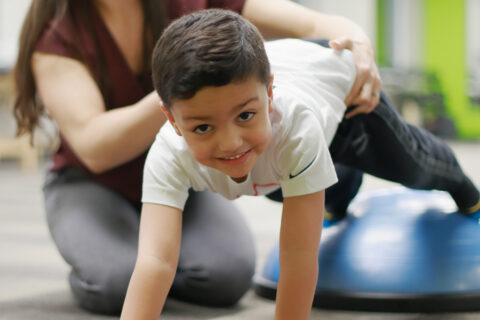Physical Play and Wellness: Why they’re important for your child’s early learning
Physical play and wellness play an important role in a child’s early learning and development. By engaging in physical activities and maintaining good health, children can develop important skills such as gross motor coordination, teamwork, and problem-solving.
Physical play includes activities such as running, jumping, climbing, and playing sports. Engaging in physical play can help children develop important gross motor skills, such as balance, coordination, and agility. It can also help children learn how to work together with others, solve problems, and communicate effectively.
Physical wellness involves maintaining good health through proper nutrition, exercise, and rest. Good nutrition is essential for providing children with the energy and nutrients they need to grow and learn. Regular exercise can help children develop strong muscles and bones, improve their cardiovascular health, and reduce their risk of obesity and other health problems.
Getting enough rest is also important for a child’s physical wellness. Children need adequate sleep to support their physical and mental development. Lack of sleep can lead to behavioral problems, difficulties with learning, and other health problems.
Engaging in physical play and maintaining physical wellness can also have a positive impact on a child’s emotional well-being. Physical activities release endorphins, which can help children feel happier and more relaxed. Exercise can also help children manage stress and anxiety.
In conclusion, physical play and wellness are important for a child’s early learning and development. By engaging in physical activities and maintaining good health, children can develop important skills such as gross motor coordination, teamwork, and problem-solving. They can also improve their physical and emotional well-being. By supporting your child’s physical play and wellness in these ways, you’re setting them up for a healthy and happy future.


